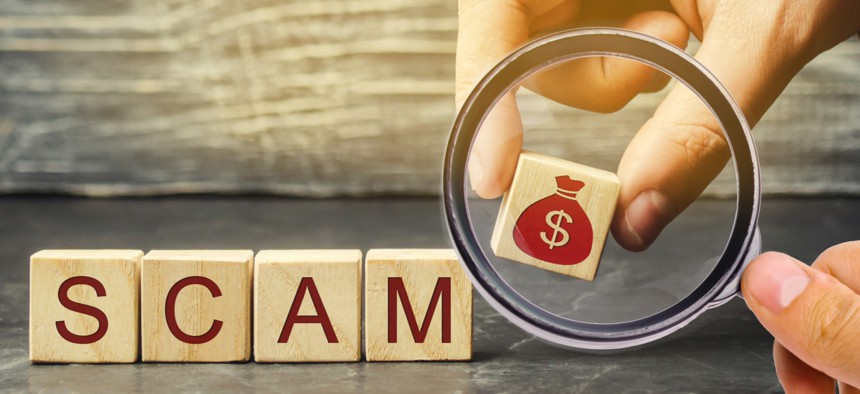FTC Warns of New Coronavirus-Oriented Scams

Andrii Yalanskyi/Shutterstock.com
The agency has updated its list of hacking and other tactics that prey on the generous and the needy in times of crisis.
Cybersecurity continues to feature heavily in the Federal Trade Commission’s second alert on the ways cyber criminals and garden variety scammers are exploiting the COVID-19 pandemic for personal gain.
One of the latest fake emails malicious hackers are circulating sports the logo of the World Health Organization. Those who click on the button to download “safety measures” end up installing harmful malware that can steal personal information or restrict access to victims’ data, the FTC cautioned Thursday.
Other tactics are more sophisticated.
In one case, scammers took advantage of the public’s need for real, important information to infect computers with malware.
“Malicious websites used the real Johns Hopkins University interactive dashboard of Coronavirus infections and deaths to spread password-stealing malware,” the FTC said.
The agency advised the public to protect their computers and their phones by using security software and installing updates. To protect accounts, the FTC urges multifactor authentication and creating backups to protect against data loss.
The agency also warned consumers to watch out for digital vendors who promise to supply hard-to-obtain items, take payment and then never deliver.
“Online sellers claim they have in-demand products, like cleaning, household, and health and medical supplies. You place an order, but you never get your shipment,” the FTC warns. “Anyone can set up shop online under almost any name — including scammers.”
Scammers also look to take advantage of those trying to help by creating fake charities.
In general, the FTC advises the public to do their research on entities in advance and provided links to available resources.
The agency also said consumers should use credit cards—as opposed to gift cards or wire transfers—for online transactions.






